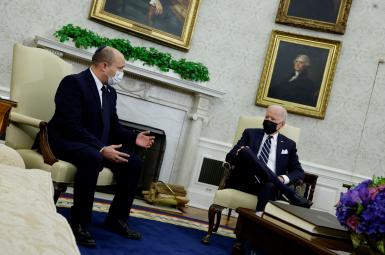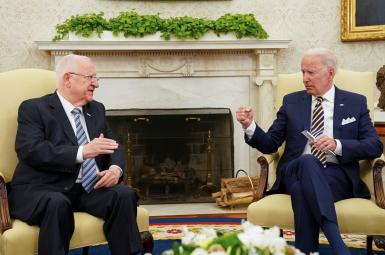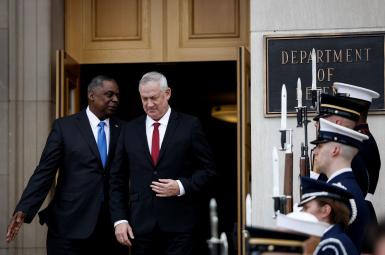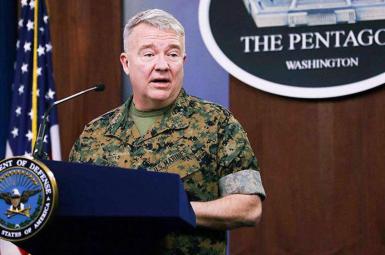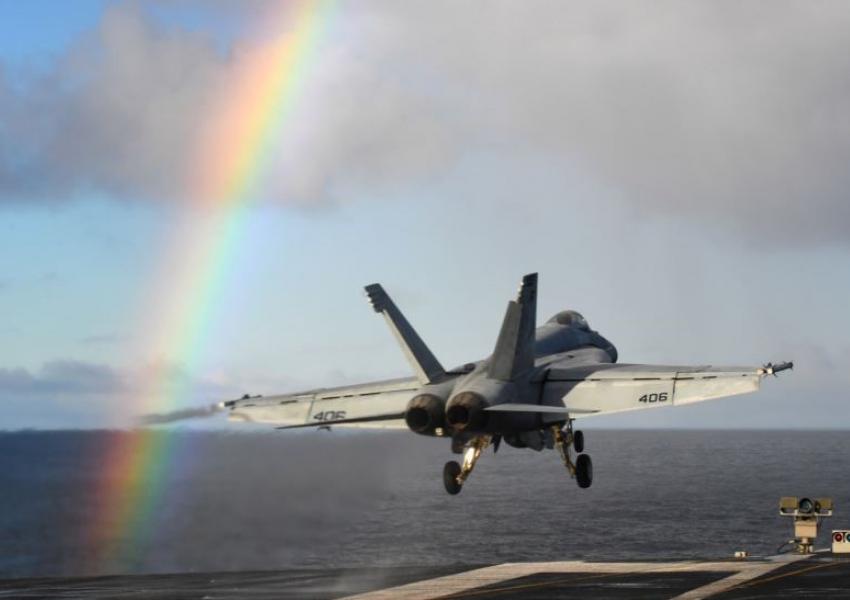
In Step ‘Against Iran,’ Trump Moves Israel Into Centcom Field Of Operation
Approaching its end on January 20, the Trump administration has moved United States military overview of Israel from its European command to Centcom (Central Command), which covers 20 – now 21 – countries in the Middle East and Central Asia, as well as Pakistan. The shift, revealed by the Wall Street Journal on Thursday, has been welcomed by pro-Israeli groups and lobbyists in Washington. The Journal portrayed the action as a parting gift to hamper president-elect Joe Biden, who takes office with a commitment to renew the 2015 Iranian nuclear deal.
The Journal quoted a US official that reorganizing Centcom would make it easier for its commander General Frank McKenzie to “go to Saudi Arabia, Emirates and Israel and visit everyone in his newly enlarged parish.”
The Journal explained Israel’s coming into the US military’s European field of operation as due in part to the reluctance of Gulf Arab leaders to associate with Israel, a situation altered with the ‘normalization’ agreements signed this summer with Israel by Bahrain and the United Arab Emirates. Military experts have long questioned the wisdom of US military command treating Israel as part of Europe, and the switch may also relate to the decision announced in October to merge the US Army Europe Command with the US Army Africa Command.
The Jewish Institute for National Security of America, a Washington-based group with strong neo-conservative links supporting closer US-Israel military cooperation, advocated the shift in December as a way to align Israel and Gulf Arab states against Iran. Israel and the Gulf Arab states have been critical of the 2015 Iran nuclear deal and have supported Trump and his ‘maximum pressure’ on Tehran.

US Marine Corps General Kenneth F. McKenzie, Commander of the US Central Command (CENTCOM).
Martin Indyk, a prominent supporter of Israel at the Council on Foreign Relations in New York, said that benefits for Israel in being in the field of operation of US European Command, including links to Nato, had become less important than co-ordination against Iran.
Military and intelligence professionals quoted in Military Times assessed the efficacy of the switch. One asked how having Lebanon, Syria and Israel under the same command might work. Another pointed out that Israel already had extensive co-operation with the US, including the use of American intelligence in Tuesday’s strikes by Israel forces on Iranian-allied forces in eastern Syria.
One US official quoted in Military Times pointed out that outgoing Trump Secretary of State, Mike Pompeo held a very public meeting in a popular Washington restaurant on Monday with Yossi Cohen, the head of Israel’s external intelligence agency Mossad, to discuss the airstrikes. Such coordination would usually be discrete, the official noted. Pompeo has also this week announced new sanctions on several Iranian officials and again accused Tehran of harboring a senior al-Qaeda leader who was killed in August.
Retired Major General Mike Jones, who served as Centcom chief of staff in 2011, told military times that anti-American groups in Iraq allied to Iran, would use bringing Israel into Centcom as a “negative,” and expressed wider skepticism: “As for being part of a US-led coalition, with boots on the ground, that’s a pretty big leap, even with the political progress that’s been made with some of their [Israel’s] neighbors …I don’t see a public deployment by the IDF [Israel defense forces] in a coalition with Arab members short of some really wild scenarios.”
